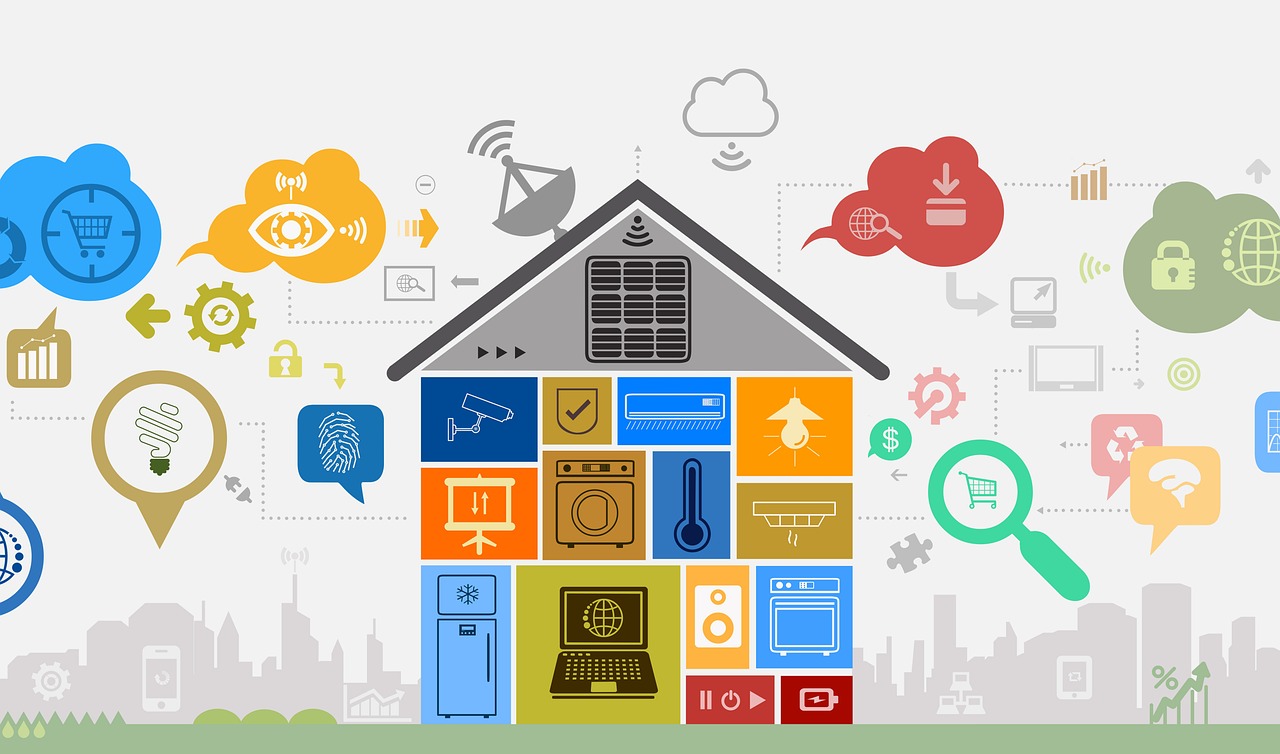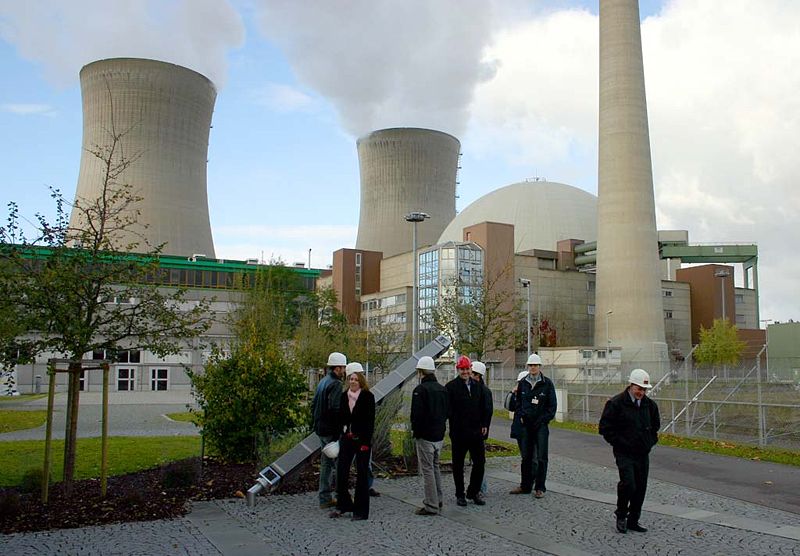Over the past 40 years, 20% of the Amazon Rain Forest has been lost due to deforestation mostly by indigent farmers seeking to eke out a living; an area the size of 200 football fields is lost every hour. A recent report suggests that if this pattern continues, within decades, the entire western half of the US will become significantly drier, turning most of Texas, New Mexico, Arizona and parts of Southern California to desert and exacerbating an already serious water shortage elsewhere.
In 1600’s early America, a squirrel could travel from Massachusetts to Ohio without ever setting a foot on the ground. Deforestation in the US, which many living today are unaware of, is a sign of poor planning and unintended consequences. How can we do better?
Energy, Economy, Jobs: But at What Cost?
All over the world, every day, entrepreneurs, scientists and people are coming up with innovative ideas to solve these problems by improving technology used to harvest and use renewable energy. Fortunately, governments and large corporations are getting on the bandwagon as well and committing hard, cold cash and resources in support of sustainable projects.
But with so many ideas out there, and more reported each day, how do we choose the best ideas to benefit the most people while being economically viable? The renewables train is leaving the station with lots of people on board, but are we carefully evaluating the pros and cons of each project?
By way of example, there is a debate currently brewing in New England, USA, over the Northern Pass Project. The project will deliver hydroelectric power from Quebec through New Hampshire and connect to the electric grid of New England. Sounds good, but New Hampshire is home to immense natural resources and an excellent quality of life. According to the Boston Globe, the current Northern Past proposal buries only 8 miles of transmission lines underground and builds large transmission towers through miles of the White Mountain, for example.
Brazilian Development Bank and The Amazon Forest
The Brazilian Development Bank (BDB) has launched a plan for innovation with $1.3 billion (3 billion Real). The project will include smart grids, power transmission over long distances and high-voltage, alternative source power generation, hybrid vehicle and vehicle energy efficiency. People have known for decades of the environmental problems in Brazil so smart green development is essential. BDB has allocated $9 million to the Amazon Cooperation Treaty Organization to monitor the Amazon rain forest and determine if any unauthorized development is taking place.
Large Corporations Helping in the Developed & Developing World
In France, Alstom, the world’s leading energy solutions provider for power generation, power transmission and rail infrastructure, with operations in 100 countries and sales of $27 billion (20 billion euros), has been upgrading the UK’s Pembroke and Staythorpe gas plants with MXL2 technology to vastly improve efficiency and improve time. The same company is delivering modern commuter trains to South Africa to help improve lives while operating in a green footprint.





